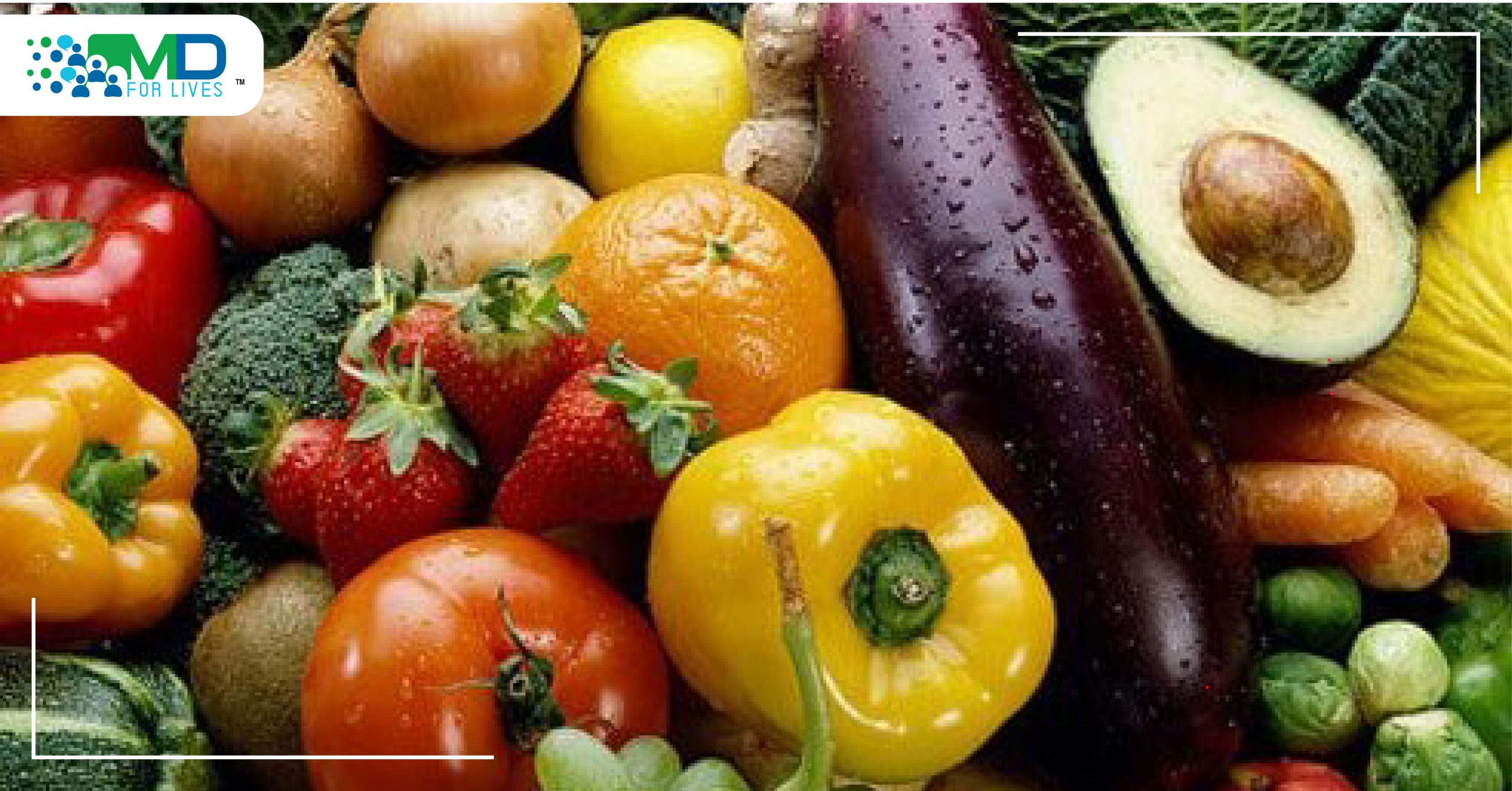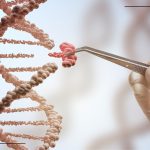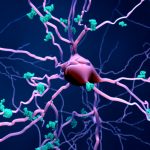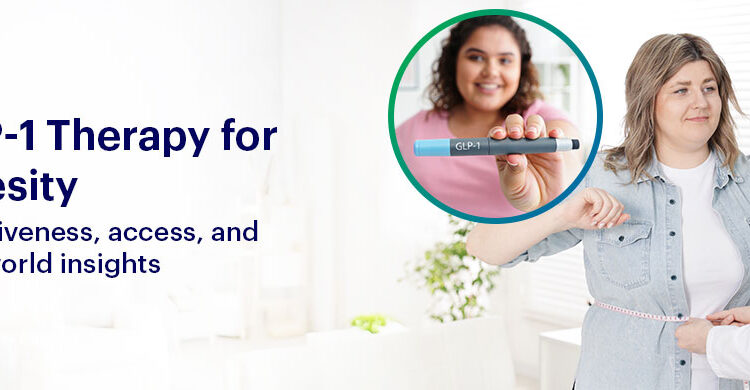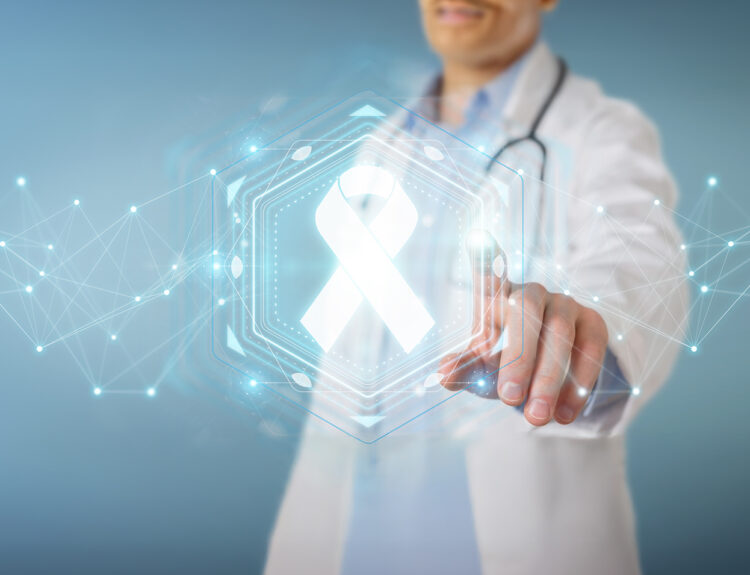“Health is a state of complete physical, mental, and social well-being and not merely the absence of disease or infirmity” – World Health Organization, 1948. Nearly 30% of all cancer cases are preventable. Smoking, drinking, general lifestyle and stress create imbalances, which in turn can exacerbate disease. When a person develops cancer, every component of care should be integrated into their treatment. Amidst the physicians, the oncologists, radiologists, pathologists, surgeons, a key member of modern-day multidisciplinary teams (MDT) is the dietitian. They are there to concoct the best possible weekly/monthly meal plan to give a cancer patient the most optimal chance of prolonging life. Often the diet is one of the first things a patient changes in their lives after a cancer diagnosis. This is generally because the right food, along with exercise, is the factor a person can proactively utilize to ameliorate themselves.
Over the last few years, the Integrative Medicine Committee (IMC) has emerged as another tool to assist oncologists and dietitians in creating the perfect personalized diet plan for a cancer patient. The IMC consists of a group of food specialists, whose motives are to transform a patient’s quality of life. Generally, priority is given to patients who have just undergone chemotherapy/radiotherapy/bone-marrow transplant/surgery/immunotherapy. This ‘holistic treatment’ starts during the inpatient stay, carries on in outpatient visits, through maintenance/remission/relapse/second line/third line/all the way to palliative care if cancer develops in its latter stages. Diet is imperative to help reduce recurrence and reduce the risk of damaging comorbidities and secondary cancers. These natural therapies are not a replacement for medical treatments, they are an ingredient, key to the blend.
Cancer Causing Foods – The Unbearable Tragedy of the US/UK/Central Europe and Scandinavian diet
The standard American/UK/Scandinavian/Central Europe diet consists of so many processed molecules, artificial sweeteners, E-numbers, additives, colorants, low fat/fat free/a cornucopia of elements, that separates the food from its natural form. Its shape is alien to other beings. If you put a condensed burger or fried chicken in front of most animals, they will look at you with bemusement. A vast percentage of food does not come from farms but factories. Numerous studies have shown that these unhealthy foods trigger certain nodes in your brain to make them moreish and addictive, which keep you coming back for more, until you enter a vicious cycle of deterioration. According to the WHO, eating 50g of processed meat (less than 2 slices of bacon) increases the chance of developing colorectal cancer by 18% whilst consumption of grilled meat increases the risk of breast, colon, prostate, pancreatic, and stomach cancers.
Regarding high sugar intake, prostate, colorectal, and pancreatic cancers may be influenced mostly by sugar. A study showed a diet high in glycemic load can increase the risk of prostate cancer (26%), rectal cancer (44%), and pancreatic cancer (41%).
Asian, South American, and African diets have begun to incorporate a lot of these worrying trends into their own mix, leaving a glib outlook for the world. Governments must do all they can now rewire cross-generational thinking to shift back in favor of the healthier diets of the world.
Mediterranean Diet – Best Food for Cancer Patients
A joint study from 2008 by the British Medical Journal and New England Journal of Medicine stated the world’s most healthy diet is the Mediterranean diet.
The Mediterranean diet consists of plant-based foods such as vegetables, fruits, whole grains, legumes, and nuts. Butter is replaced with healthy fats like olive oil. Herbs and spices are used in place of copious amounts of salt. Red meat is limited to 1x per week. Fish is eaten at least 2 times per week. The diet is high in antioxidants and anti-inflammatory nutrients. The Mediterranean diet is practiced in France, Italy, Greece, and Spain. In general, family and friends enjoy meals at the dinner table, rather than in front of the TV, topped up with plenty of exercises. The vitamin-D boosting sun helps as well.
The study concluded that this diet reduces overall mortality, including reduced risk of cancer, heart disease, diabetes, Parkinson’s, and Alzheimer’s disease.
The EPIC (European Prospective Investigation into Cancer and Nutrition) and NIH-AARP (National Institutes of Health-American Association for Retired Persons) Diet and Health studies, analyzed data, looking at the Mediterranean diet, cancer markers, incidence, and mortality. The Greek cohort of the EPIC study (N=25,623) was followed for 7.9 years. Investigators found a 12% reduction in cancer incidence for every 2-point increase in the 10-point Mediterranean diet adherence scale. The NIH-AARP Diet and Health study (N=380,296) found a 17% and 12% decreased cancer mortality in men and women after 5 years of follow-up. The PREMDIMED study found a 30% reduction in risk of combined heart attack, stroke, and death from cardiovascular disease, a 52% reduction in type-2 diabetes, a 68% reduction in the risk of developing breast cancer, and reduction in blood glucose, blood pressure, low-density lipoprotein (LDL)-cholesterol and C-reactive protein, compared to a low-fat diet group.
At ASCO 2016, the SETA PROJECT showed that in 307 women treated for early-stage breast cancer, 199 patients were assigned to a normal diet designed to reduce cancer relapse (the Std-Diet), and 109 were given a Mediterranean diet.
After 3 years of follow-up, there were 11 cases of recurrence in the Std-Diet group, compared to 0 cases of recurrence in the Mediterranean group. There are similar beneficial statistics in colorectal cancers (43% risk reduction), squamous cell carcinoma of the esophagus (56% risk reduction), and reduction in metabolic syndrome in endometrial, pancreatic, postmenopausal breast, and rectal cancers. There are weaknesses in the Mediterranean model, especially when considering wine and smoking intake.
Diet Fads – Worst Foods for Cancer
Certain modern-day fad diets are restrictive, dangerous, and hard to comply with.The Paleo diet (high emphasis on meat, fish, eggs, berries, seeds, nuts, and vegetables) is low on essential grains and certain sweet vitamin-high fruits. The Ketogenic diet (seafood, low-carb vegetables, cheese, avocados, meat and poultry, eggs, coconut oil, plain Greek yogurt, and cottage cheese) limits allfruits.
Intermittent fasting increases autophagy and inducts other metabolic enzymes. In type 2 diabetic patients, blood sugar was reduced by 3-6%, while insulin was reduced by 20-31%, making it a viable option though there is a danger of over-eating to compensate for hunger pangs. Thus, more clinical trials are needed to determine efficacy and safety.
The Best Food for Cancer Patients: The Key Phytonutrients
Phytonutrients are foods with medicinal qualities that help fight cancer. They include:
Cruciferous Vegetables
It include broccoli, cauliflower, cabbage, kale, bok choy, arugula, Brussels sprouts, collards, watercress, and radishes.
These are antioxidant, anti-inflammatory foods, rich in vitamins C/E/K, folate, minerals and fiber. They include glucosinolates, which release indole-3-carbinol and sulforaphane, these are extremely bioactive cancer-fighting chemicals. Overall, cruciferous vegetables are key for the detoxification of harmful substances and high dietary intake and are associated with a lower risk of breast, endometrial ovarian, prostate, gastric, liver, pancreas, colon, and lung cancers.
Dietary carotenoids
These pigments that give fruits and vegetables such as carrots, cantaloupe, sweet potato, and kale their vibrant, yellow, and green colors.
There are over 40-50 carotenoids in your diet. Alpha-carotene, beta-carotene, lutein, lycopene are the most studied carotenoids. Studies have shown they decrease oxidative damage, limit cancer cell growth, and increase cancer cell death. They are associated with a reduced risk of prostate, breast, lung, cervical bladder, mouth, larynx, esophagus, and skin cancers.
It is important to get carotenoid intake from natural sources, not supplements. Beta-carotene supplements have been linked to a higher risk of lung cancer in male smokers, and there is a link to aggressive prostate cancer. A review of clinical trials showed these supplements were associated with a small increase in overall and cardiovascular-related death.
Anthocyanins pterostilbene
Berries, currants, grapes, and some tropical fruits, as well as red to purplish, blue-colored leafy vegetables, grains, roots, and tubers. These are pigments imparting a bright red, blue, and purple color.
Lab and animal studies have shown these food types increase cancer cell death and inhibit the growth of new blood vessels that nourish the tumor. They are linked to a reduced risk of esophagus, colon, oral, and breast cancers.
Reishi, Shiitake, Maitake.
These are rich in medically active compounds.
They are anti-inflammatory, antioxidant and have antitumor effects. They were shown to have an enhanced immune response in cancer patients, alleviated chemotherapy associated nausea, and improved overall quality of life. Further studies show they may also enhance the therapeutic effects of radiation therapy.
Though there have been a few documented cases of liver damage with Asian mushrooms, further studies are required on this superfood.
Curcuminoids (turmeric)
Laboratory and animal studies have shown this spice has antioxidant, anti-inflammatory properties that inhibit tumor blood supply. It is shown to regulate tumor cell death, stimulate the immune system, prolong cancer-free survival in mice, reduce chemotherapy drug resistance, and enhance the effects of radiation therapy. It has also been seen to modulate tumor markers in pancreatic cancer.
Though chemotherapy herb interactions have resulted in blood thinning, cases are found in cyclophosphamide and other chemo drugs.
 Green tea (EGCG – epigallocatechin gallate)
Green tea (EGCG – epigallocatechin gallate)
Green tea is an anti-inflammatory and antioxidant, thought to protect against many potentially carcinogenic oxidative triggers. Laboratory studies suggest it has cancer preventive effects, including tumor cell death and inhibition of the tumor blood supply.
It may have synergistic effects when combined with some conventional cancer therapies, though more human studies are needed.
It has certain bioactive chemicals, so chemotherapy patients need to take precautions (eg, Velcade in lymphomas and myeloma, green tea is not advised. Similarly, green tea is seen to antagonize coumadin.
Whole grains
These have a wide range of protective substances. High in selenium, are antioxidant, have hormonal effects, binds carcinogens, and improves gut microbiome. In 40 case-control studies (amongst 20 different cancers), there was a 34% risk reduction in high grain intake vs low grain intake.
Overall, it is shown to reduce the risk of colorectal cancer, gastric, breast, endometrial, and prostate cancers.
Fish Omega-3
salmon, sardines, Atlantic mackerel, cod, herring, lake trout, canned/light tuna
Optimal levels of omega-3 fatty acids have been shown to reduce the risk of colon and breast cancer and reduce the risk of renal cell carcinoma recurrence. Fish oil improved chemotherapy efficacy, overall survival, and maintains muscle mass in NSCLC.
However, there is an increased prostate cancer risk in patients with high blood levels, and it has a blood-thinning effect at high doses (>4000mg), so 2-3 servings per week is ideal. Fish oil supplements must be discussed with your doctor.
Overall, promoting a healthy gut microbiome, with good fibers and fruits, good yogurts and vegetables, reducing meat intake, eating in moderation, consistency, and commitment could help win the day against cancers.
As Hippocrates once said, “Let food be thy medicine and medicine be thy food”

